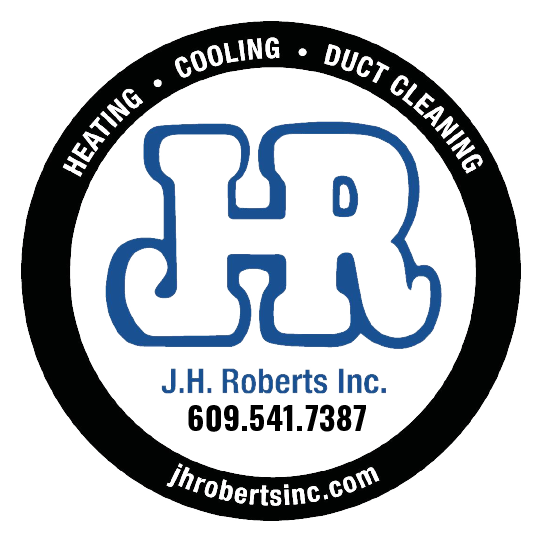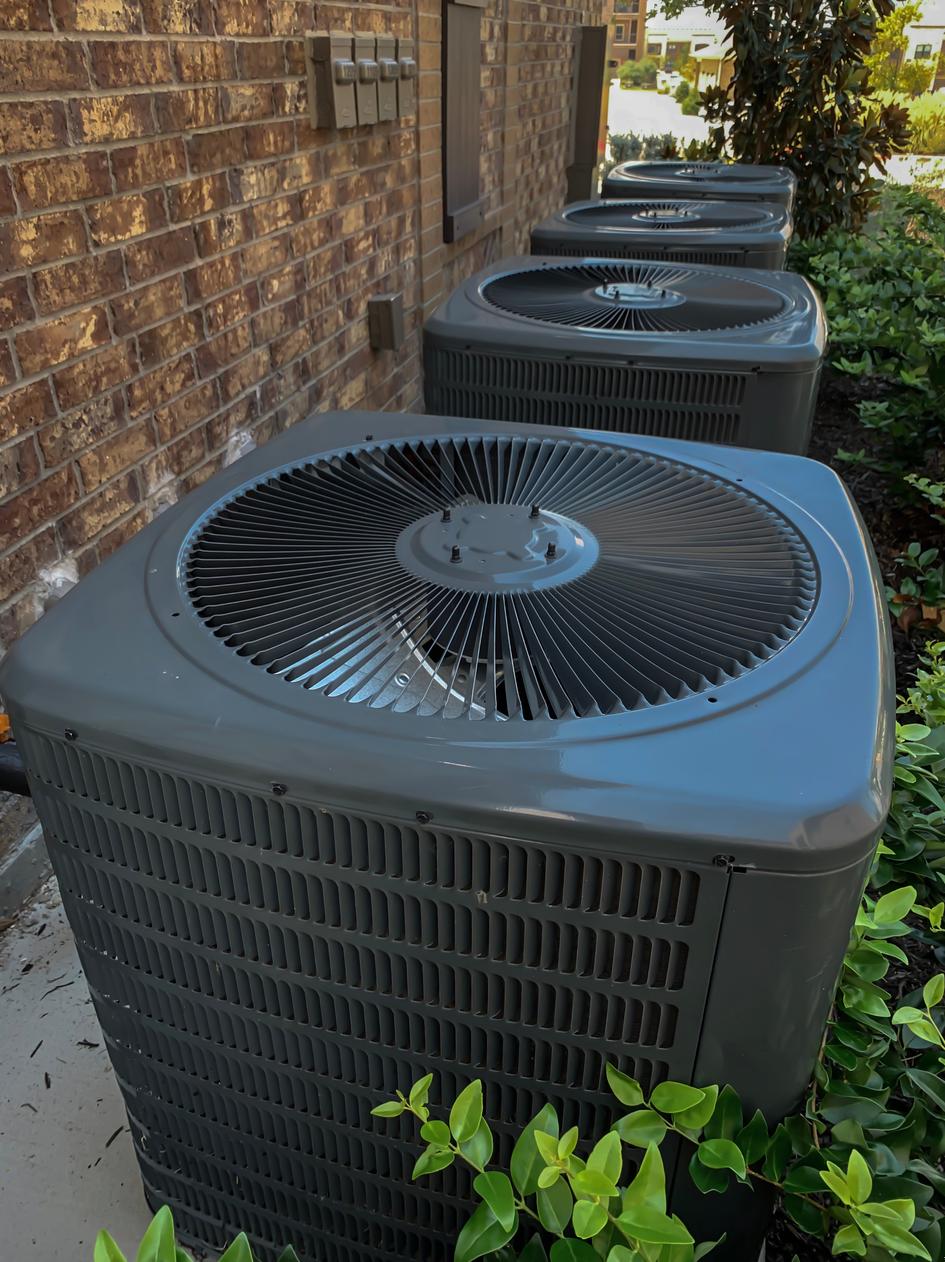What are the common signs that my AC needs repair?
Common indicators include the AC blowing warm air, weak or restricted airflow from the vents, strange noises (like grinding, squealing, or banging), musty or burning odors, and the unit frequently cycling on and off in short bursts (short cycling).
What is the most common AC repair issue you handle?
Frequent issues include low refrigerant levels (due to a leak), frozen evaporator coils (often caused by poor airflow or low refrigerant), and failures of electrical components like capacitors or contractors.
Does J.H. Roberts Inc. offer emergency AC repair service?
Yes, J.H. Roberts Inc. is available to provide emergency HVAC services, including AC repairs, to handle sudden system failures and restore comfort quickly, especially during hot weather.
What areas do you serve for AC repair?
We provide AC repair services in Forked River, Toms River, Barnegat, and the surrounding areas, covering all of Ocean County, NJ.
Are your AC repair technicians certified?
Yes. Our repair specialists are NATE-certified, ensuring they have the technical knowledge and expertise to accurately diagnose and fix a wide range of AC problems.
How quickly can a technician respond to a repair call?
We strive to provide prompt service. Customers often note our quick response times, with technicians able to arrive quickly for urgent assistance to restore your system.
Should I repair or replace my AC unit?
We recommend considering replacement if your AC unit is over 10 to 15 years old, requires constant, expensive repairs, or if the cost of the repair is more than 50% of the cost of a new system. Our technicians can provide a detailed assessment to help you make the best decision.
Do you offer maintenance plans to help prevent AC breakdowns?
Yes. We offer preventative maintenance packages which include regular check-ups and service. These plans help ensure your AC system runs efficiently, which can often catch and correct minor issues before they become major breakdowns.
How do I schedule an AC repair appointment?
You can call J.H. Roberts Inc. to get in touch and schedule your AC repair work.


.jpg)